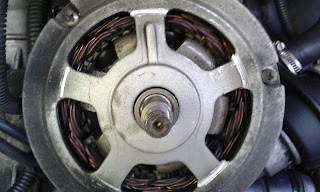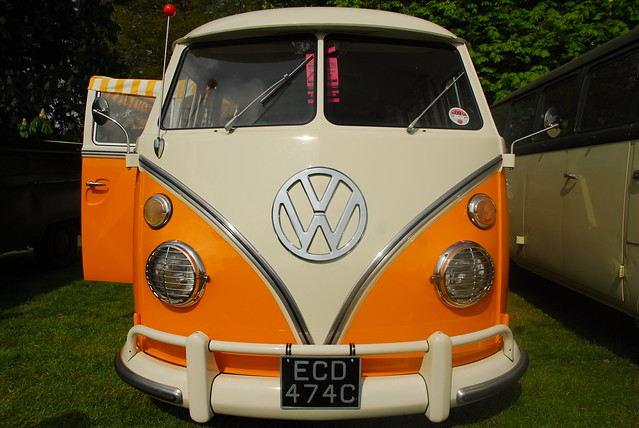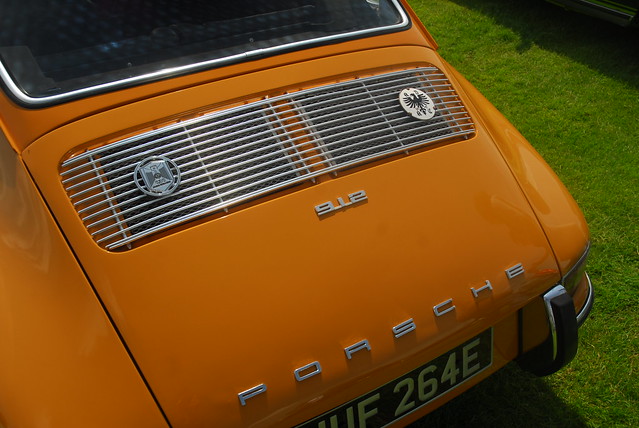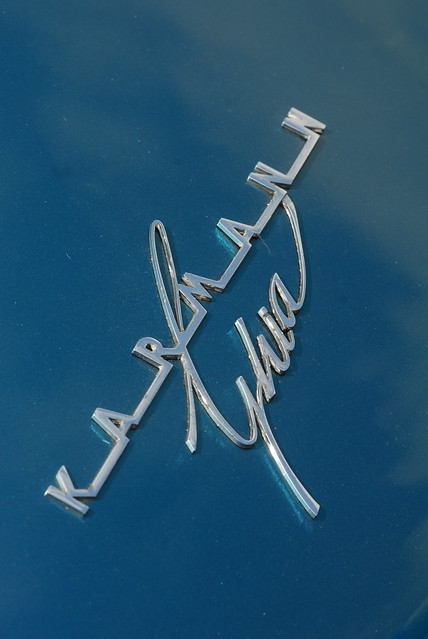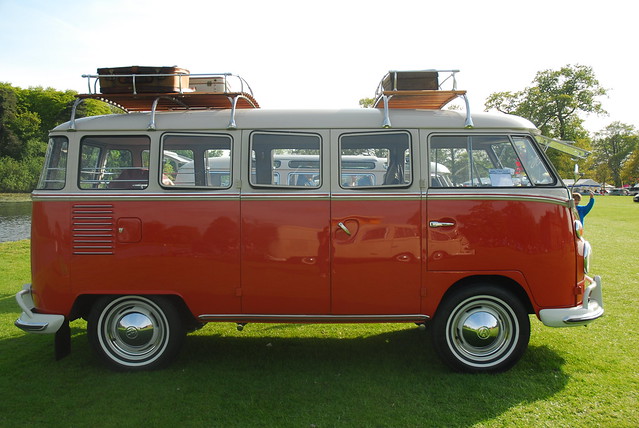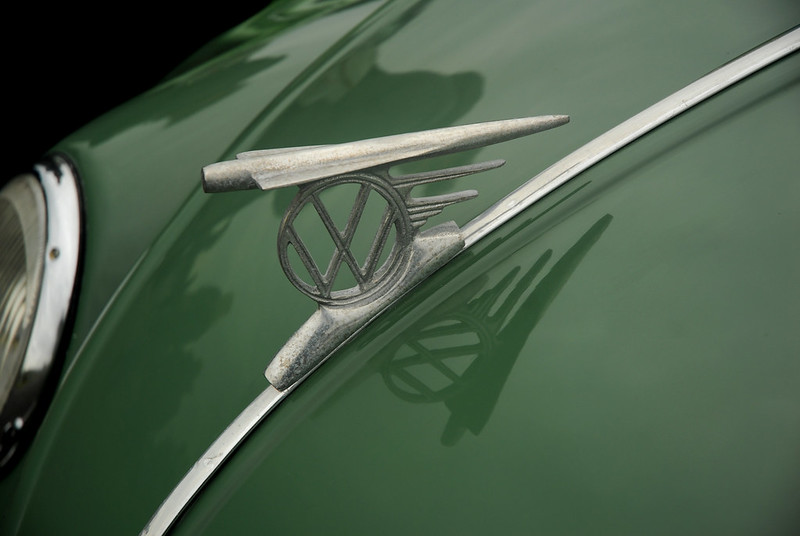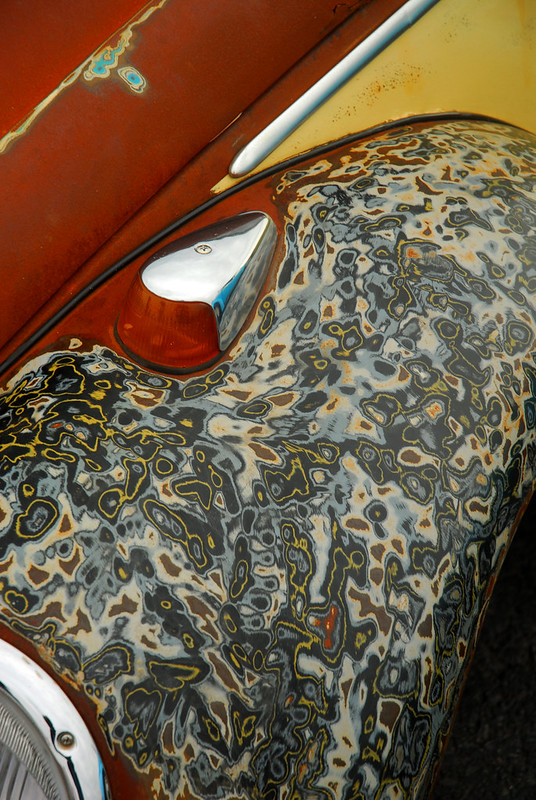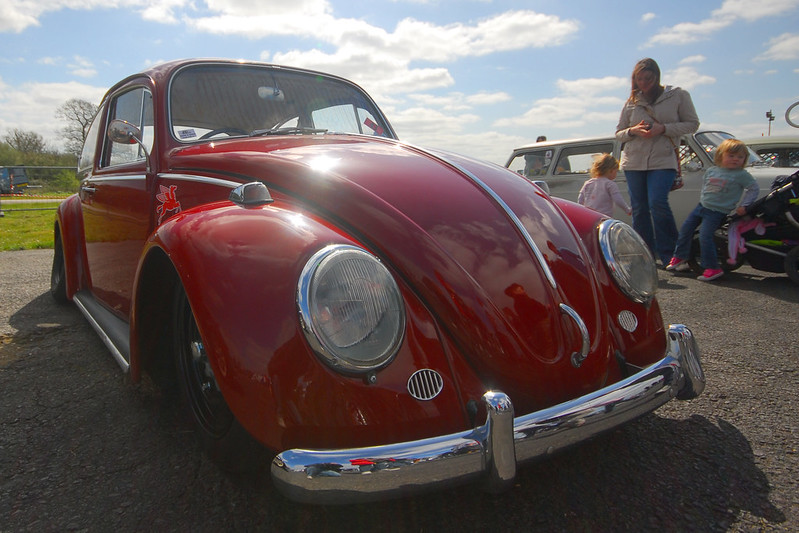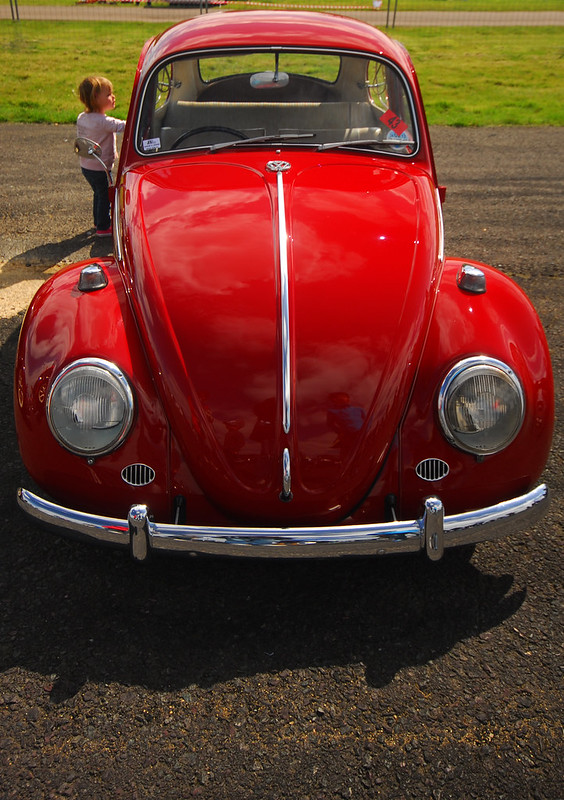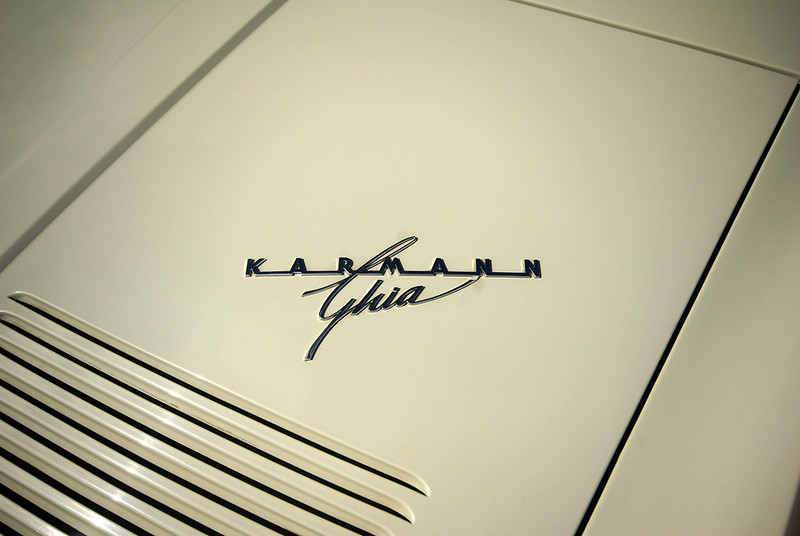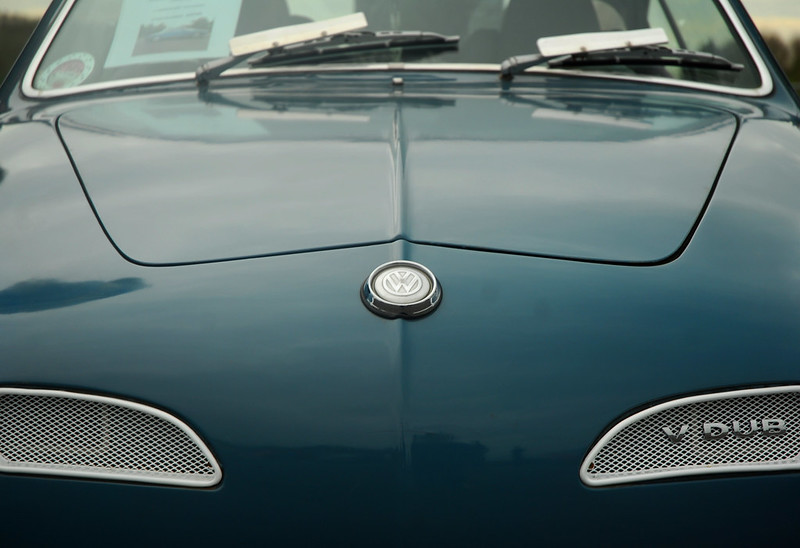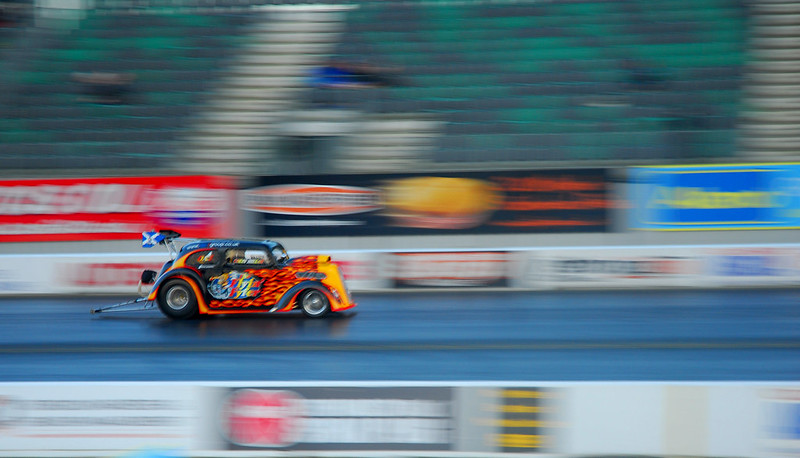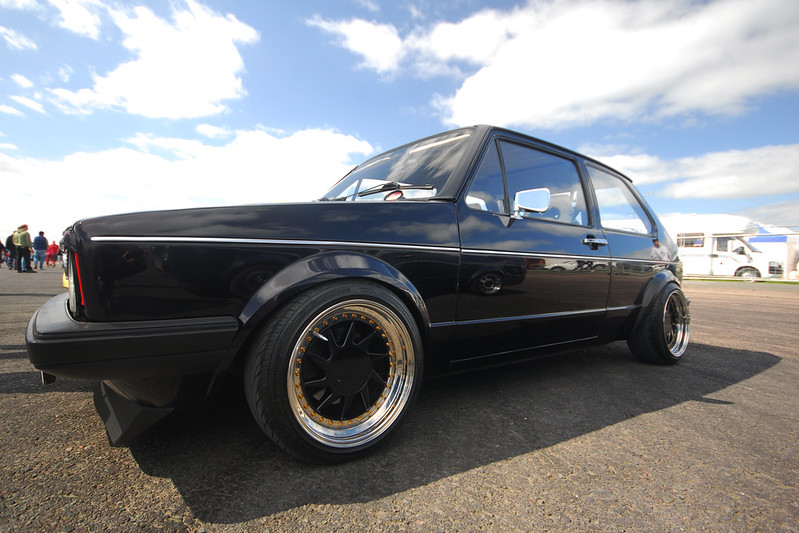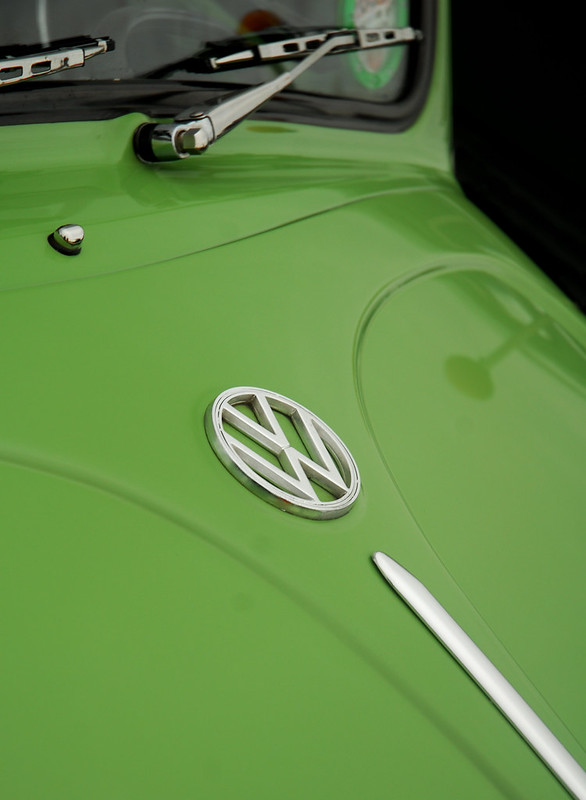Tinware.
Some of the tin had small amount of surface rust on the paint.Decided to give them a rub down, Jenolite and a fresh coat of POR-15.
Most of the other tin just required a degrease.
Fuel Injectors Testing
The Brazilian Bosch fuel injectors are like "hen's teeth" and cannot be purchased in Europe or even American markets.They are solely for South American market. So if you want new ones you will have to take a trip to Brazil.
So given this I deiced to use my old ones. But giving them a good clean and checking.
After a small amount of internet searching I found that the standard injector process is a Flow test bench and a ultrasonic cleaning followed by another flow test.
In my quest to become self reliant and also DIY design & build I set out to build my own test bench.
As my wife comments "Are you getting lost in the detail again" I agreed but could not help myself!
So I needed a reliable method of sending pulses to the injectors (unlike most of the on-line DIY where they just apply a +12V straight from a sparking connection to a car battery! In Flammable atmosphere!)
I found a suitable generator of pulse on Amazon. Costing only £27. This has 4 modes of operation with different pulse widths and duration. Ideal.
Next comes a system of providing a pressurized fuel supply. I watched many videos and pages. The typical set up uses a fuel pump filter and rail to replicate what is in a car.
Did not want to have to purchased all this additional parts. So I decided that compressed air to pressurize a reservoir of "fuel" which connects to a fuel filter (to remove any particles) a pressure gauge and a suitable connection to the fuel injector.
To find a suitable pressure reservoir - Well after trying a few ideas I found a suitable vessel. The disposable gas cylinders used on a MIG welder. They are pressure vessels for gas and can hold enough fluid.
So first task was to drill a second port on the other end, tap a thread and mount a suitable pressure connector for the exit pipe. I also had to remove the ball valve in the regulator end as I wanted to connect directly without a regulator and use the compressed air regulator instead.
A Brazilian bay fuel filter and my pressure gauge fitted and a couple of isolation valves (to stop having to depressurize between injectors.
Then a length of hosepipe and a jubliee clip to hold the hosepipe to the injector.
Then a decision on the fluid required. Initial I started with a flush of injector cleaner through the system without the injector fitted.
Injector cleaner used:
Filling the unit was hard as I did not fit and extra inlet & valve for the filling so removed the air inlet in the top of the reservoir. So I had some 150ml syringes which I could inject into the air inlet to fill. Had to repeat this 4 times which takes a while.
After the flush and dry air cycle I filled it with the test fluid. I was going to use Petrol but went for Paraffin (kerosene in US) as it is cleaner and will help clean the injectors inside.
Here is a photo of the final setup:
I decide to record the starting voltage and pressure for each injector and then the volume of fluid injected over a 1 minute duration.
After 1 minute the results where:
Injector 1: 39cc
Injector 2: 39cc
Injector 3: 40cc
Injector 4: 39cc
In conclusion the volumes are all within close levels but there is some slight variation. Also the accuracy of the measuring cylinder needs to be improved as it was only in 2cc volumes.
I was happy to see that there is not a massive difference between them.
As part of the injector testing I looked at the spray pattern.
Managed to capture a few flows using the flash on my phone.
What you will notice is that the spray pattern is more stream than jet.
This was worrying but I thought after a clean it could be improved. However on researching the Brazilian Bosch EV6 injector and its part number.
The specification has a Beta angle of only 5 Degrees which is very narrow.
So the Brazilian uses a very narrow pencil stream injector to spray directly onto the rear of the inlet valve.
Who knew as I was expecting a real misting spray but I suppose 5 degrees is correct and a stream.
Fuel Injectors Cleaning
After the testing the injectors where placed in an Ultrasonic & heated bath with the cleaning solution for 2 hours.
Quick Video of the tank & the amount of gunk that came off them. Yuck!
Fuel Injectors Re-Test
Fitted the cleaned injectors back onto the test bench and repeated the test. The results are as follows:Injector 1: 40cc
Injector 2: 40cc
Injector 3: 40cc
Injector 4: 40cc
So the clean injectors gave 400 cc/min @ 2 Bar
Not sure how to convert that as it depends on duration of pulse and also the type of fluid and pressure the specification was taken with.
As I was only looking for any issues they are all the same and clean which is good enough for me.
I will do a blog on the type of injectors used and there specifications and maybe alternatives if I find any at a later time.
So all parts are clean and ready. Engine arriving soon (Hopefully).... Stay tuned.


















